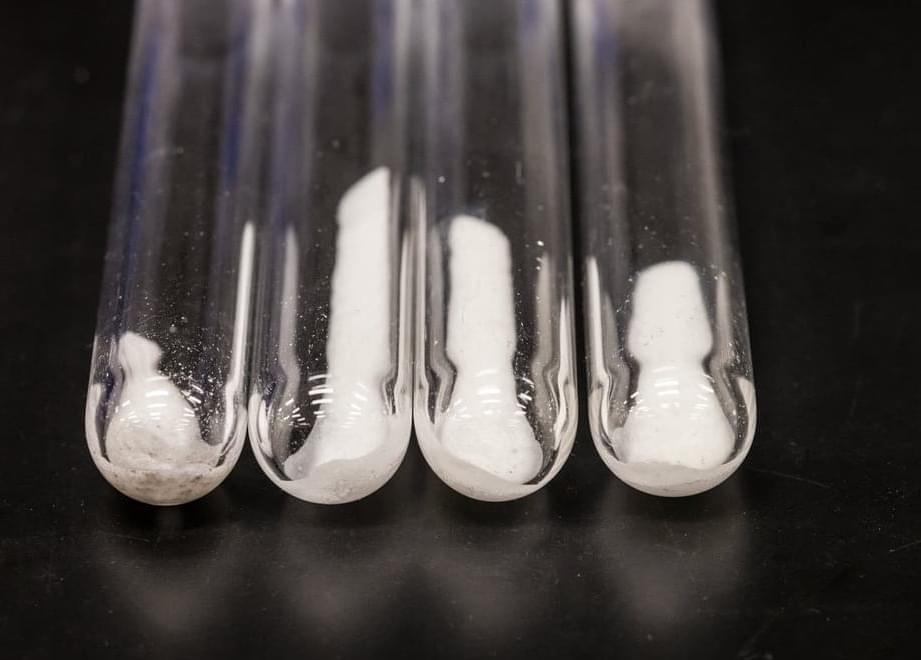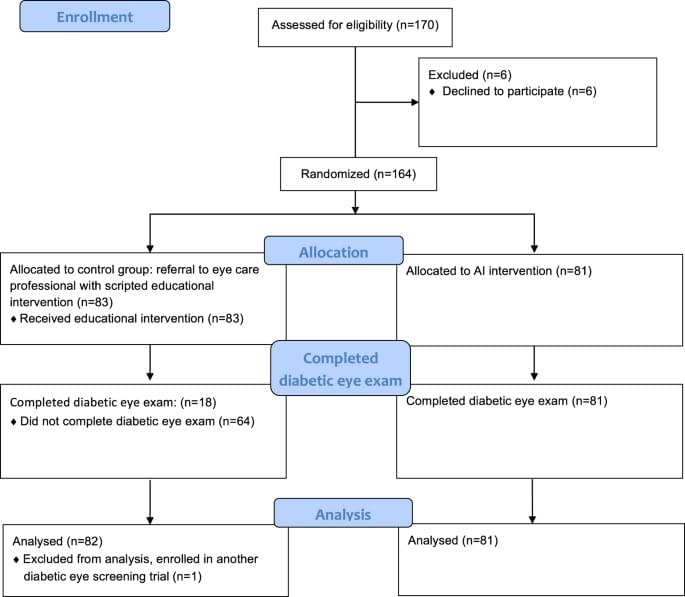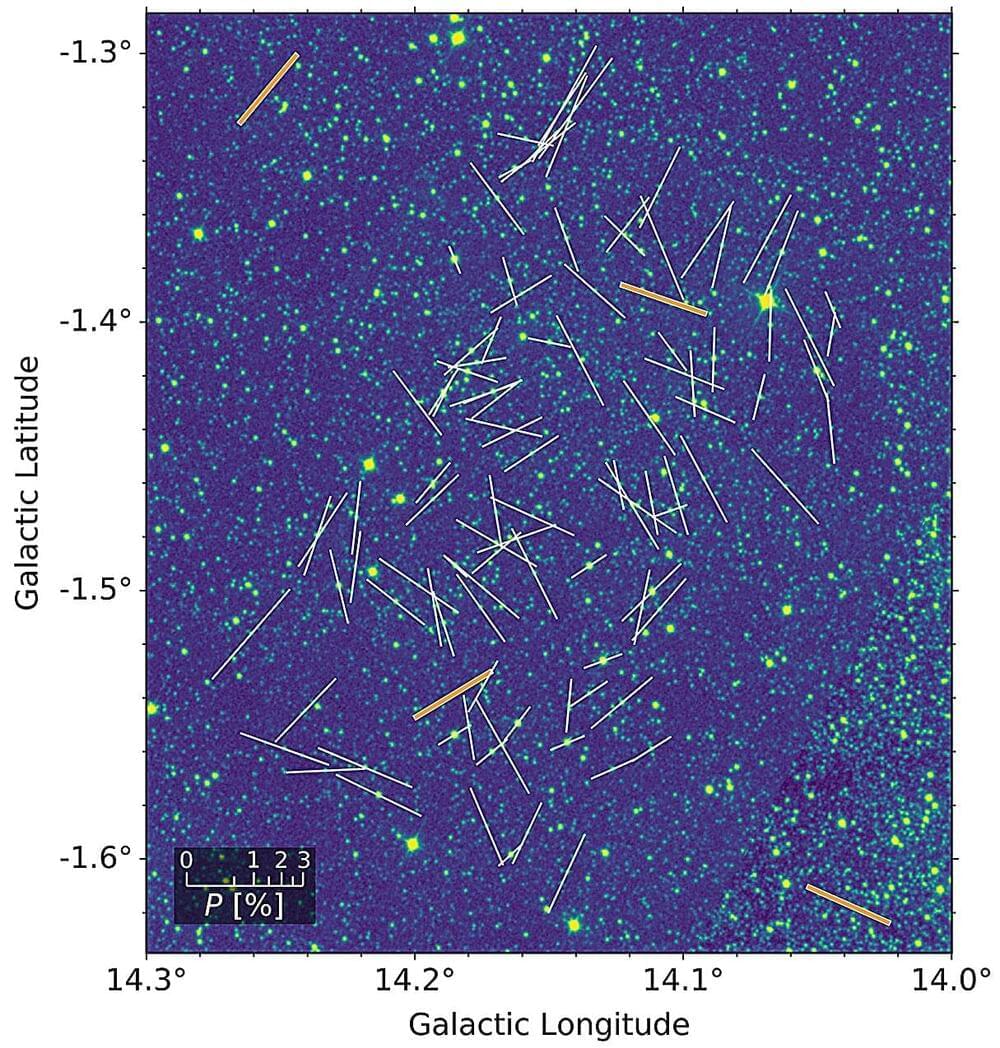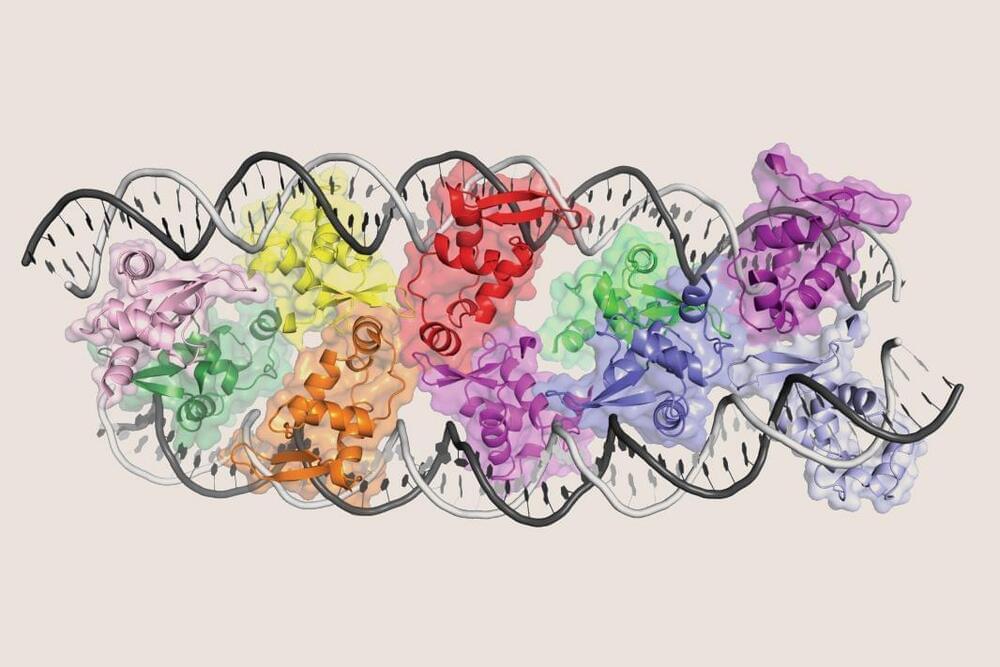AN EXTRAORDINARY WAVE OF PROGRESS against cancer has occurred in the United States over the past three decades. From its peak in 1991, cancer mortality has declined by more than a third. Smoking cessation, human papillomavirus (HPV) vaccination, improved cancer screening and better cancer treatments are poised to push cancer deaths even lower. In 2022, this prompted President Joe Biden to reignite the Cancer Moonshot launched in 2016 with a goal of reducing cancer death rates even further—cutting them in half over the next 25 years.
With growing success in the treatment of many cancers has come a reexamination of the profound impact cancer treatment has on those with the disease. A cancer survivor faces a plethora of physical, emotional, social and financial challenges. Surgery, radiation therapy, chemotherapy and immunotherapy are all plagued by short-term toxicities and longer-term complications that can dominate life during and after cancer treatment and impinge upon its quality.
Fortunately, the same detailed knowledge of cancer genes and gene programs that has led to spectacular advances in cancer treatment may also improve cancer survivorship. Molecular profiling of individual cancers is now commonly used in cancer treatment planning. Breast cancer, long known to be a highly heterogeneous collection of diseases, provides a compelling example. For many years, testing breast tumor tissues for the presence of the estrogen receptor (ER), the progesterone receptor (PR) and the human epidermal growth factor receptor 2 (HER2) has been essential to steering women with breast cancer toward or away from endocrine therapies or agents like Herceptin (trastuzumab) that bind to HER2. Newer molecular profiling tools—including Oncotype DX, MammaPrint, Breast Cancer Index, EndoPredict and the Prosigna Breast Cancer Prognostic Gene Signature Assay—have further refined and individualized breast cancer treatment decision-making.









